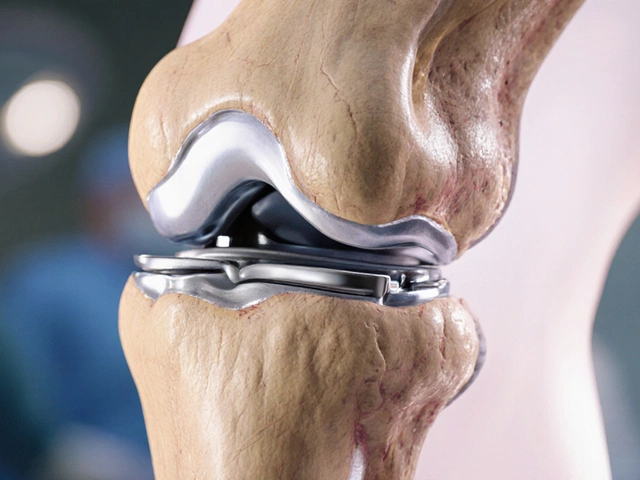How Long Does Heart Surgery Take? Quick Answers & What Affects the Time
Wondering how long heart surgery takes? The short answer is: it varies. A simple coronary bypass can be done in 2‑4 hours, while a complex valve repair may need 5‑7 hours. The exact clock depends on the type of procedure, your age, and any other health issues you have.
Typical Time Frames for Common Heart Operations
Coronary artery bypass graft (CABG): Most surgeons finish the grafting part in about 3 hours. Adding anesthesia prep and post‑op checks pushes the total stay in the operating room to roughly 4‑5 hours.
Heart valve repair or replacement: Replacing a faulty valve usually takes 4‑6 hours. If the surgeon needs to repair the valve instead of swapping it, the clock can stretch to 6‑8 hours because of extra stitching and testing.
Open‑heart surgery for congenital defects: These are among the longest procedures. Expect anywhere from 6 hours to a full day, especially when multiple defects are corrected in the same session.
What Can Make the Clock Run Faster or Slower?
Age matters. Older patients often need extra monitoring, which can add 30‑60 minutes to the overall time. Similarly, if you have diabetes, kidney issues, or a history of smoking, the surgical team may take extra steps to keep you safe, extending the duration.
Technology also plays a role. Centers using minimally invasive techniques or robot‑assisted surgery often cut the operative time by an hour or more compared with traditional open‑heart approaches.
Surgeon experience matters too. A highly experienced cardiac team usually works more efficiently, reducing the time you spend under the knife.
Finally, unexpected findings during the operation—like extra calcification or scar tissue—can require additional maneuvers, making the procedure longer than planned.
Knowing how long heart surgery takes helps you plan the days after the operation. Most patients stay in the ICU for 1‑2 days, then move to a regular ward for another 3‑5 days before going home. Follow‑up appointments usually start a week after discharge.
Bottom line: there’s no one‑size‑fits‑all answer. Your surgeon will give you a personalized estimate based on the specific procedure, your health profile, and the hospital’s resources. Ask them to break down the timeline so you know exactly what to expect.
Being prepared with this info lets you focus on recovery instead of worrying about the unknown. Keep the questions coming, and let your care team guide you through each step.





